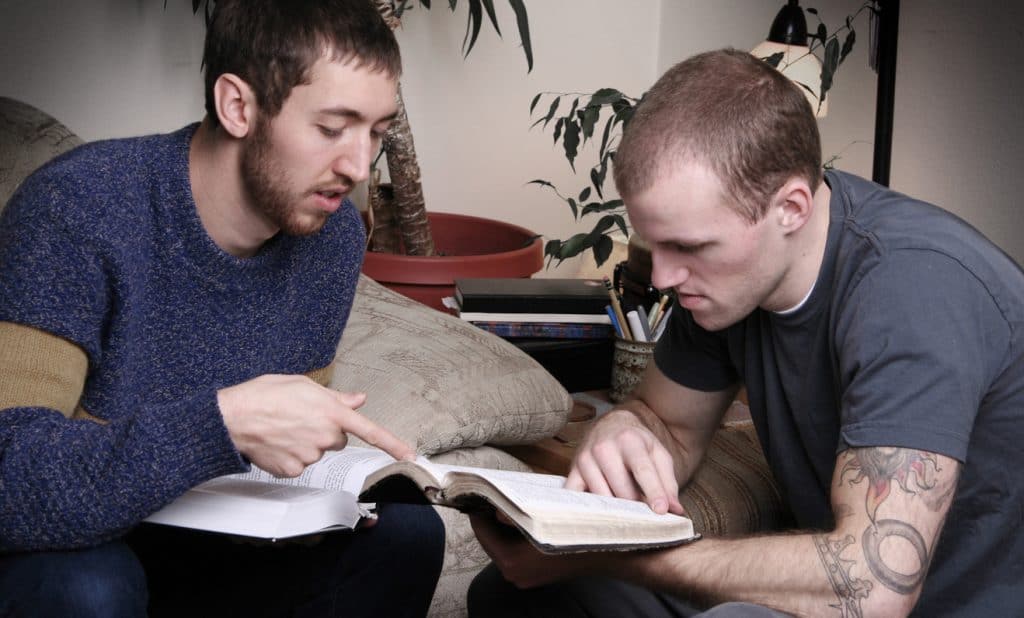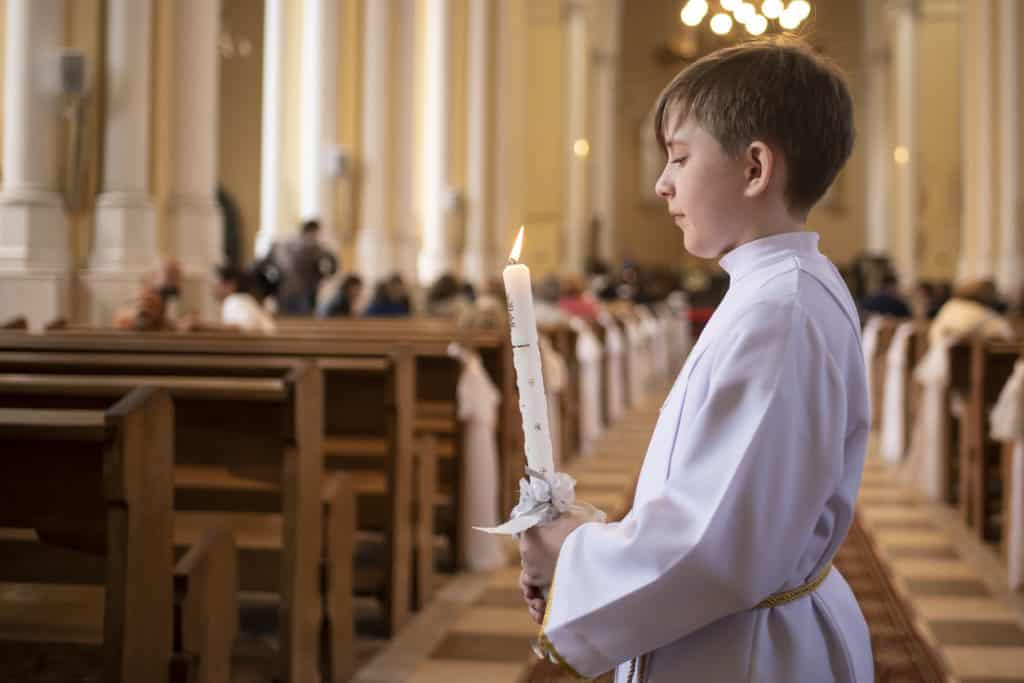When I was a young boy, we did it every Saturday afternoon. My brother and I piled into the back of the neighbor’s pickup truck with his two sons, and off we went. Driving down several unpaved roads in southwest Houston, we would eventually find ourselves speaking to a large clown head at the local fast food burger joint. To protect his identity, I won’t state the clown’s full name.
When we pulled in to Jack-in-the-[last name deleted], Jack asked for our order, and we always got the same thing–a Jumbo Jack with cheese and the secret sauce. Yes–the secret sauce.
Back in the 1960s, the national debate centered on three themes: the Vietnam War, racial tensions, and Jack’s secret sauce. What was in it? Nobody knew for sure. What we did know was that it was really good. Eventually, I think a chemist at Rice University determined it consisted of those little-known condiments we call ketchup and mayonnaise. But whatever it was, it worked.
Let’s talk about the “secret sauce” of recovery.
Successful recovery consists of many elements: therapy, step work, spiritual disciplines, disclosure, and much more. But the secret sauce is this–community.
Michael Leahy, founder of BraveHearts, says that only one addict in ten thousand finds lasting recovery without community.
So let’s talk about it. The secret sauce of recovery–community. What is it about community that makes recovery work? As we consider the evidence, as well as biblical principles, we find three huge benefits of community that cannot be found in isolation.
With community comes inspiration.
In 1844 Frenchman Alexandre Dumas wrote his most famous novel, The Three Musketeers. The book recants the adventures of a young man named Charles de Batz de Castelmore d’Artagnan, who left home to serve Louis XIV as captain of the Musketeers from 1632 to 1673. In a pact to remain loyal to one another through thick and thin, d’Artagnan and his fellow Musketeers adopted the following motto for life:
“All for one and one for all; united we stand, divided we fall.”
The same can be said for recovery. Dr. Alex Larza, clinical psychologist and Certified Sex Addiction Therapist, says, “The opposite of addiction is not sobriety, but community.”
There is something about community that inspires an addict toward recovery like nothing else. I remember my earliest 12-step meetings. I listened in awe to the stories of men who had achieved long-term sobriety. While they measured their sobriety in years, I still measured mine in days. I soon discovered there was no hierarchy in the group. They were “all for one and one for all; united we stand, divided we fall.”
Paul wrote to the divided church of Corinth, which was really a mess. In the first chapter of his first letter, he told them the key to thriving as a church. He didn’t say anything about theology, eschatology, or dermatology. Nothing about deacons, elders, or bishops. He didn’t tell the church when to do the contemporary service or which version of the Bible to project onto the video screen.
Paul’s theme was, in a word, community. He appealed to them to “maintain unity, above all else” (1 Corinthians 1:10). Nothing does more to encourage a person who is new in his recovery than community. There he finds inspiration, belonging, safety, and hope.
With community comes information.
When I was on a recent writing retreat, I attended an SA meeting in that area. I met three new friends, and I learned something from every one of them. In the old days, I would have muttered, “I have been sober longer than all three of these guys put together!” But in the new days, I recognize I have something to learn at every meeting I attend.
The early church “devoted themselves to the apostles’ teaching and the fellowship” (Acts 2:42). The Greek word for “devoted” is proskarterountes, meaning they were consistent and steadfast in their commitment to the community of the church. Their community ran on two tracks: teaching and fellowship. We need both.
Recovery is relational. No book can ever be an effective substitute for time spent with others on the same journey. I am all for formal education. In fact, I did the math. I have spent more than half my life in school. But most of what I have learned, I did not learn from books, but from people. In community we find the information we need to achieve lasting sobriety.
With community comes perspiration.
Dietrich Bonhoeffer wrote, in Life Together, “The final obstacle to true Christian fellowship is the inability to be sinners together.”
Until we learn to be sinners together, sobriety will be a mirage–always in sight but out of reach.
The brother of Jesus understood the power of community. He said, “Confess your sins one to another, in order that you may be healed” (James 5:16). There it is again–the secret sauce. James said that we find healing through confession to one another. That is hard work, i.e. perspiration. It is impossible to overstate the need for transparency in a group. Whether you are in a 12-step group or some other fellowship of support, until there is confession, there can be no healing.
Related: 3 Obstacles to Grace-Filled Community
United we stand, divided we fall.
John Dickerson was a Founding Father of the United States. In 1768, he could see the building blocks of a new nation beginning to take shape. But he understood the overwhelming odds against such a venture. Writing for the Boston Gazette, Dickerson borrowed six words from the previous century and another continent. He said these six words were their only hope for success:
“United we stand, divided we fall.”
What was true for the Three Musketeers is true for us today. What worked for the founding of a nation remains a powerful ingredient for us. Community–it offers inspiration. Community–it provides information. Community–it requires perspiration.
Community–it’s the secret sauce of recovery.








Great wisdom and help, thanks.